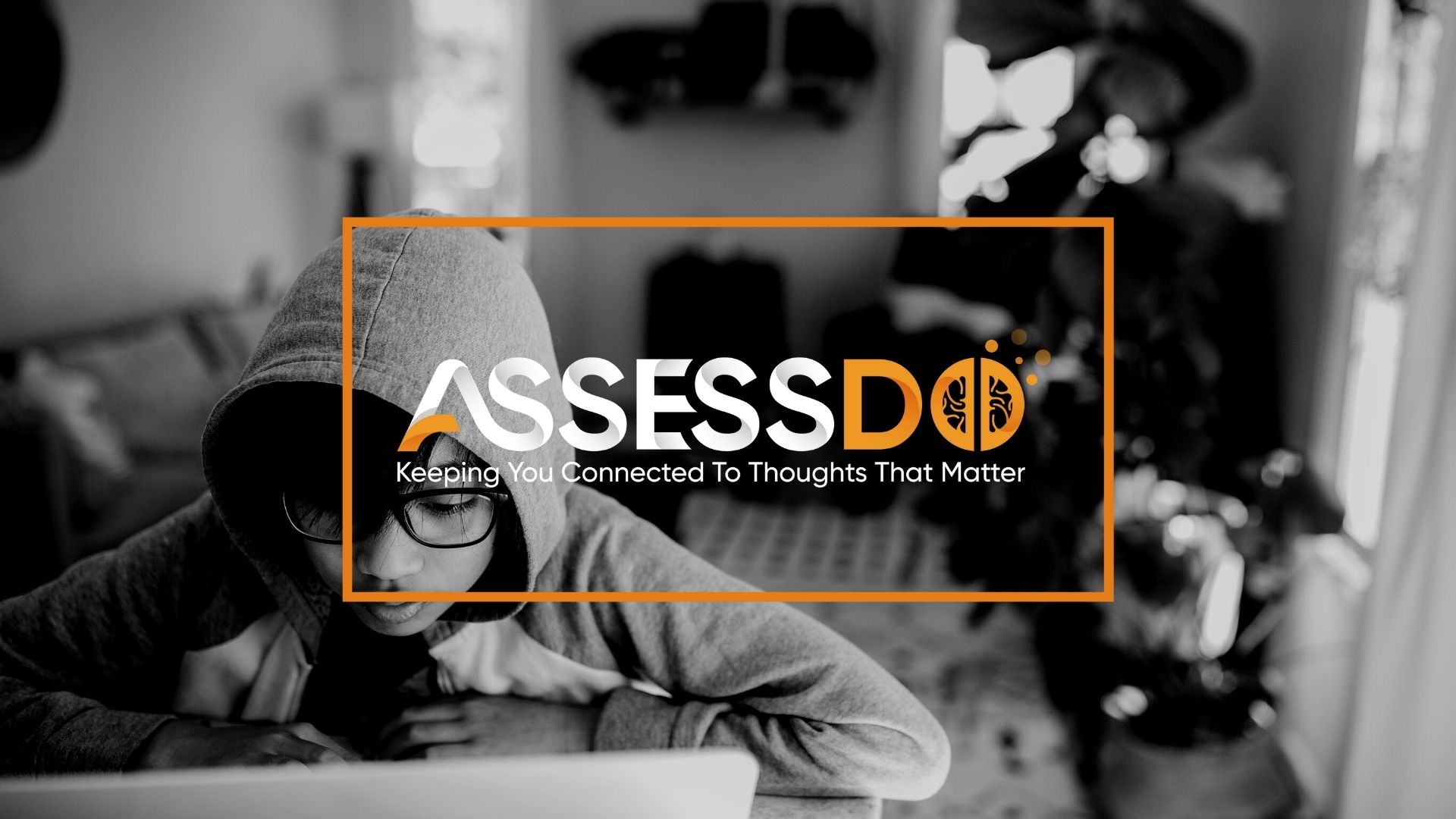H.E.L.P. Check-in System
Solving A National Problem for School Counselors and AP’s
School counselors and APs are essential in targeting support to students who need it most, but they often face information overload and large caseloads. Our early warning system provides “automated attention,” quickly identifying students who may need additional help, allowing counselors and stakeholders to focus on relationship-building.
H.E.L.P. for Schools
Determined to make the jobs of administrators, counselors, and teachers easier, Assessdo’s H.E.L.P. (Human Expression Latent Pathway) system becomes a meaningful comprehensive AI “Check-In” approach to assess and address students’ behavioral, emotional, and social needs. H.E.L.P. offers continuous monitoring (real time feedback) that consistently tracks emotional and behavioral trends while enabling timely, relevant support. Our automated reactive signaling acts as an immediate response mechanism when certain thresholds or patterns are detected. This ensures that the system remains vigilant to changes in student well-being and provides immediate, actionable alerts to ensure that interventions are applied when they are most needed.
By integrating insights into student behaviors and experiences, H.E.L.P. minimizes delays in identifying issues and implementing targeted interventions. The system uses a consistent feedback loop to track emotional and behavioral trends over time. This helps counselors and administrators see patterns and changes in each student’s emotions and actions. With this information, they can provide the right support when needed and notice important habits or changes in the student’s behavior.
DATA CENTERED AROUND WELL-BEING
Performance Overview
Assessdo appraisals are designed around social, behavioral, and emotional competencies.

Emotional Well-Being
Helps students stay organized and control feelings.
Diversity & Inclusion
Helps students understand and get along with others.
Communication and Interaction
Helps students make friends and solve problems.
Personal Growth & Development
Helps students improve strengths and weaknesses.
Performance
Helps students choose the best choices for themselves.

